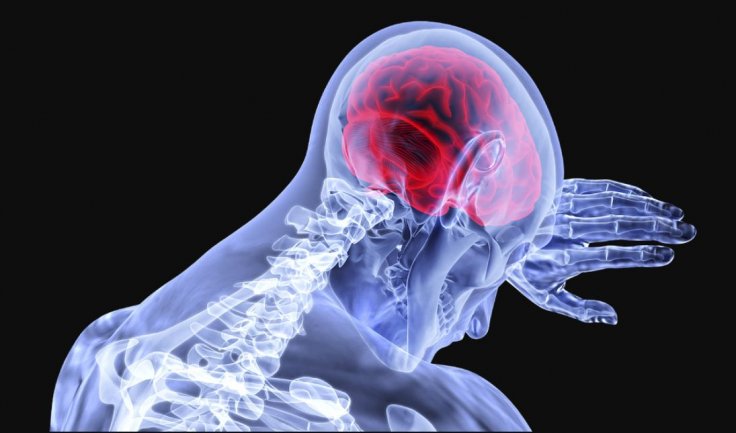A study published in the Journal of Neurotrauma has found that symptoms following concussions can lead to long-term sleep detriments. The researchers ascertained that treating conditions related to concussion shortly after their occurrence could help avoid sleeping problems.
Simen Berg Saksvik, the first author of the study, said in a statement, "Most people fully recover from their problems after a short time, but some individuals suffer long-term problems that affect their quality of life, work, and school."
Comparing Participant Groups

Concussions usually result from falls, violence, bicycle accidents or sports injuries. In the first days following a severe concussion, it is common to experience headaches, nausea, dizziness, fatigue, an increased need for sleep, or difficulty sleeping.
The study included 378 patients who had sustained concussions and were treated at one of two emergency departments in Trondheim. They were tracked for one year following their injury. The patients with concussions were compared with two control groups: patients who had other types of injuries that did not involve the head, and volunteer participants without any injuries.
"We found that problems like an increased need for sleep, poor sleep quality, daytime drowsiness and fatigue occurred much more often and lasted longer after concussions than after other types of injuries," Berg Saksvik said.
In this study, 136 participants experienced asleep or daytime problems two weeks after injury. Of these, 72 patients, or 53 percent, had problems lasting three months or longer. Internationally, the study is unique in terms of its size and degree of close follow-up of patients. The study provides new knowledge that is also clinically relevant to a large group of patients.
Understanding Post-Concussion Problems

It is important to understand how patients who suffer symptoms following a concussion differ from those who recover by themselves. "Sleep problems are often associated with issues like poor memory, concentration difficulties, depression, and anxiety. Treating sleep problems as early possible as after a concussion may help slow down or prevent the development of such problems," said Berg Saksvik.
The clinic's main goal is to reduce symptoms that are linked to a concussion and increase the functional level of patients who have such ailments. "Today we don't have a standard treatment that we know works for all patients with long-term pain following a concussion," said Alexander Olsen from the St. Olavs Hospital.
One of the reasons is that we don't know enough about why some people develop these post-concussion problems and others don't. Another reason is that patients often have multiple ailments at the same time, and it can be difficult to know what is related to what. We probably need to stop treating all patients with concussions in the same way.
"It might be more appropriate to provide treatment that is known to be effective for the various specific ailments, like headaches, sleep problems, anxiety, and so on, regardless of the cause as long as we don't know what it is," said Olsen.
Treatment Methods for Sleep Problems
The findings also indicate that factors that directly affect our brain health play a role in the development of sleep problems and that the symptoms continue for a long time. The researchers will be delving into which underlying mechanisms can explain these associations between sleep and brain health.
"Then we'll be able to offer better and even more personalized follow-up and treatment," says Olsen. Olsen finds it interesting that sleep problems, in particular, are so common following a concussion and seem to last so long for many patients.
"More effective treatment methods for sleep problems have gradually been developed, but these haven't been tested systematically to any degree in this patient group. In other patient groups, research has shown that if we succeed in treating sleep problems, patients will get rid of other ailments at the same time - such as concentration difficulties, tiredness, anxiety, and depression - although these aren't the specific focus of the treatment," he says.
Studying Connected Problems
Recent research suggests that concussions and sleep problems may both be linked to inflammation of the brain and the rest of the body. Over time this can affect brain health. "Now we're planning to investigate biological explanatory models for sleep disturbances by using brain imaging and blood tests collected from these individuals," says Berg Saksvik.
MRI images can show if there are any changes in the brain that are associated with sleep problems. "One advantage is that we have MRI images taken at several points following injury. This allows us to investigate how these images develop over time," says Berg Saksvik.
The preliminary findings have been made possible through interdisciplinary collaboration across institutes at NTNU and the clinical environment at St. Olav's hospital. The research group also includes associate professor and chief physician Toril Skandsen, who heads the Trondheim mild traumatic brain injury follow-up study, which is the overarching study that the data comes from.
(With inputs from agencies)









